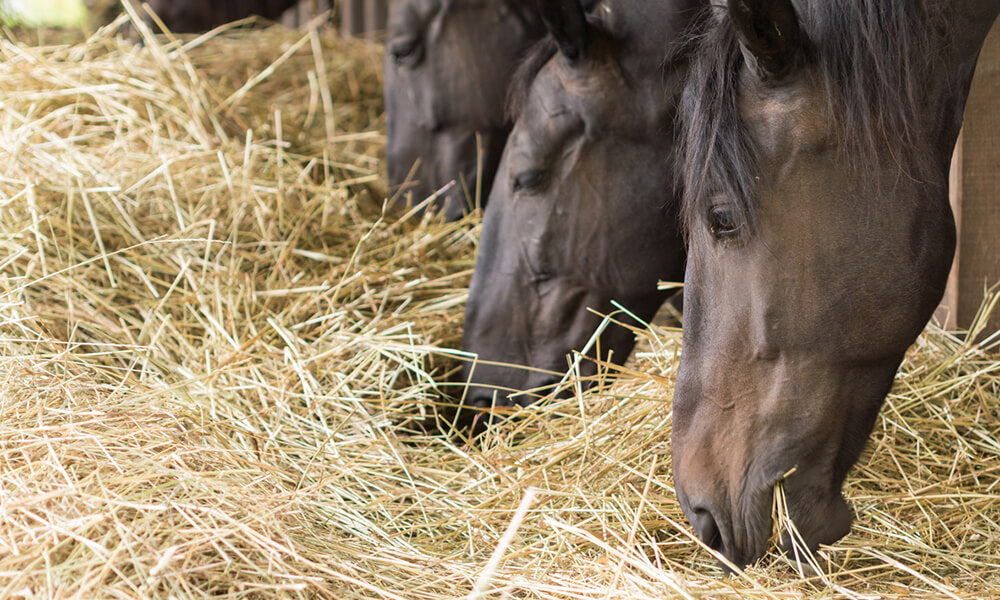Molasses has long been a topic of debate among horse owners and equine nutritionists. As an equestrian enthusiast, it’s crucial to understand whether molasses is beneficial or detrimental to your horse’s health. In this article, we will explore the question, ‘is molasses bad for horses’, by examining its nutritional value, potential risks, and how it fits into a balanced diet for horses.

What is Molasses?
Molasses is a thick, dark syrup that is a by-product of the sugar-making process. It is derived from sugar cane or sugar beet. While it is often used as a sweetener in human food, it is also a common ingredient in horse feeds due to its palatable taste and ability to bind feed ingredients together.
Nutritional Value of Molasses
Molasses is high in sugar content, providing a quick source of energy. It also contains minerals like calcium, potassium, and iron. However, the high sugar content can be a concern for horse owners, especially those managing horses with specific dietary needs.
The Sugar Content in Molasses
The sugar content in molasses can vary, but it is generally around 50% sugar. This high sugar level can lead to issues such as weight gain and metabolic disorders if not managed correctly.
Potential Risks of Feeding Molasses to Horses
While molasses can make feed more palatable, it is essential to be aware of the potential risks associated with its consumption:
Obesity in Horses
Due to its high sugar content, excessive consumption of molasses can contribute to obesity in horses. Obesity is a significant health concern and can lead to other complications such as laminitis.
Metabolic Disorders
Horses that are insulin resistant or have conditions like Equine Metabolic Syndrome (EMS) can be adversely affected by the high sugar levels in molasses. It is crucial to monitor and limit the intake of sugar for these horses.
Benefits of Molasses in Horse Diets
Although there are potential risks, molasses can have its benefits when used appropriately.
Enhancing Feed Palatability
Molasses is often used to enhance the palatability of horse feed, encouraging horses to eat their meals and ensuring they receive necessary nutrients.
Binding Feed Ingredients
Molasses acts as a binding agent in horse feeds, helping to keep different feed components together and prevent separation.
How to Safely Include Molasses in a Horse’s Diet
To safely incorporate molasses into your horse’s diet, moderation and careful management are key:
Consulting with a Veterinarian
Before adding molasses to your horse’s diet, consult with a veterinarian or equine nutritionist to assess the potential impacts based on your horse’s health status.
Monitoring Sugar Intake
Keep track of your horse’s overall sugar intake to prevent any health complications. Adjust their diet accordingly to maintain a balanced nutritional profile.
Alternative Sweeteners for Horses
If molasses is not suitable for your horse, consider alternative sweeteners:
Stevia
Stevia is a natural sweetener that can be used as an alternative to molasses. It is low in sugar and calories, making it a safer option for horses with specific dietary needs.
Honey
Honey can also be used as a natural sweetener, but it should be used sparingly due to its sugar content.
Conclusion
So, is molasses bad for horses? The answer depends on the individual horse and its dietary requirements. While molasses can be beneficial in enhancing feed palatability and providing quick energy, it is essential to manage its intake carefully. By consulting with professionals and monitoring your horse’s diet, you can make informed decisions that promote their overall health and well-being. For further insights on equine health and nutrition, you can visit this article on nutrient deficiencies in horses.

FAQs
Is molasses safe for all horses?
Molasses can be safe for many horses when used in moderation. However, horses with metabolic disorders or insulin resistance should avoid high sugar intake, including molasses.
Can molasses cause laminitis?
Excessive consumption of molasses, due to its high sugar content, can contribute to obesity, which is a risk factor for laminitis.
What are alternatives to molasses in horse feeds?
Alternatives to molasses include natural sweeteners like stevia and honey. These options may be more suitable for horses with specific dietary needs. For more information on horse nutrition, you can explore the topic of mineral blocks and how they can contribute to a balanced diet.
This article contains affiliate links. We may earn a commission at no extra cost to you.
